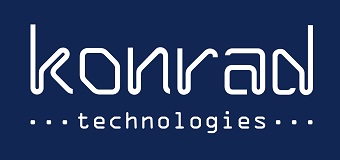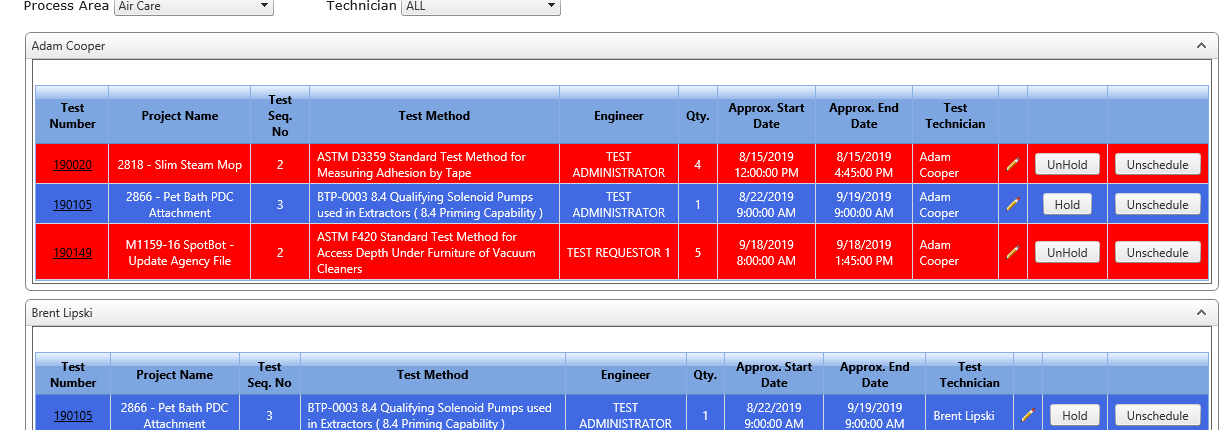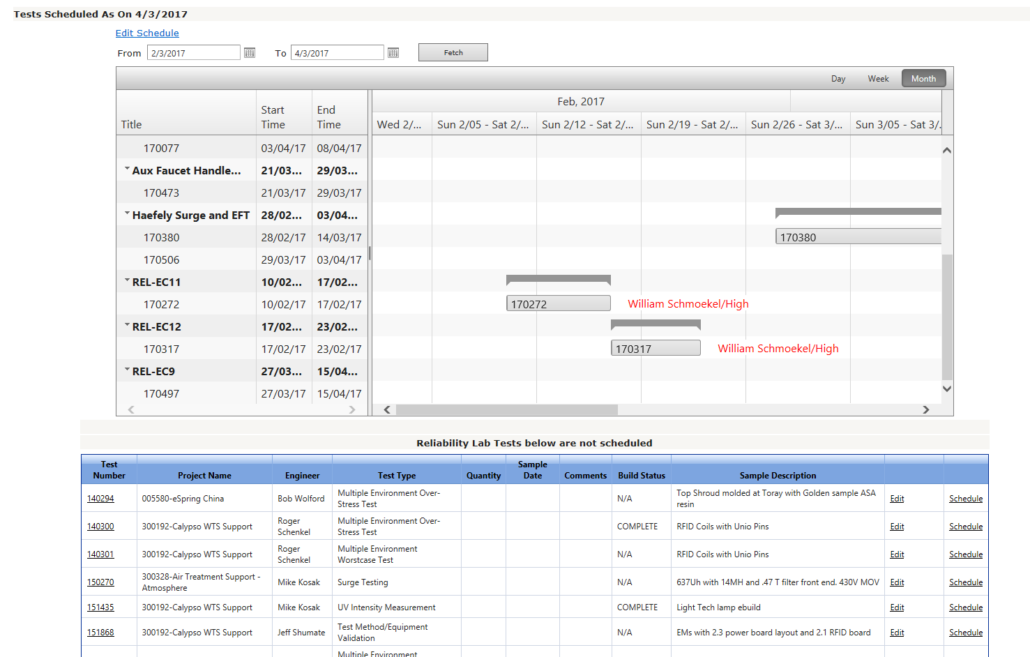Test Scheduling Module
The Scheduling Module allows to create and manage schedules for equipment, personnel, test cells, UUTs, technicians, and other resources. It outlines the order in which all parties will perform their work and reserves the equipment needed for test completion.
Scheduling Module:
- Manages schedules, resources, and other resources to optimize throughput
- Provides all stakeholders a view of existing test schedules
- Highlights UUT availability and calibration activities needed for scheduled tests
- Provides a view of all tests in progress
- Automatically tracks metrics for management reports
The advanced version of the Scheduling Module of TestValet is a set of sub-modules for different portions of a test lab. It includes the scheduling of test systems, fixtures, transducers, technicians, or other resources within a specific area of a test lab. It covers the development and tracking of a baseline design test for creating a new test system or modifying an existing test set.
Simpler scheduling modules that focus on prioritization are also available for certain implementations. The simpler scheduling modules do not have time constraints or resource allocations. They focus on test completion and ad hoc simple tests.
The Scheduling Module provides user-specific dashboards with various permission levels that allow the stakeholders to view, schedule, or modify existing tests. By default, the users will have a permission to view current schedules. Users with higher permission levels have an ability to modify schedules to create an optimal testing plan. By providing visibility at various levels, the Scheduling Modules helps identify potential conflicts and improve overall resource utilization. It reports impact on existing schedules should an occurrence of an anomaly happen in a test cell.


